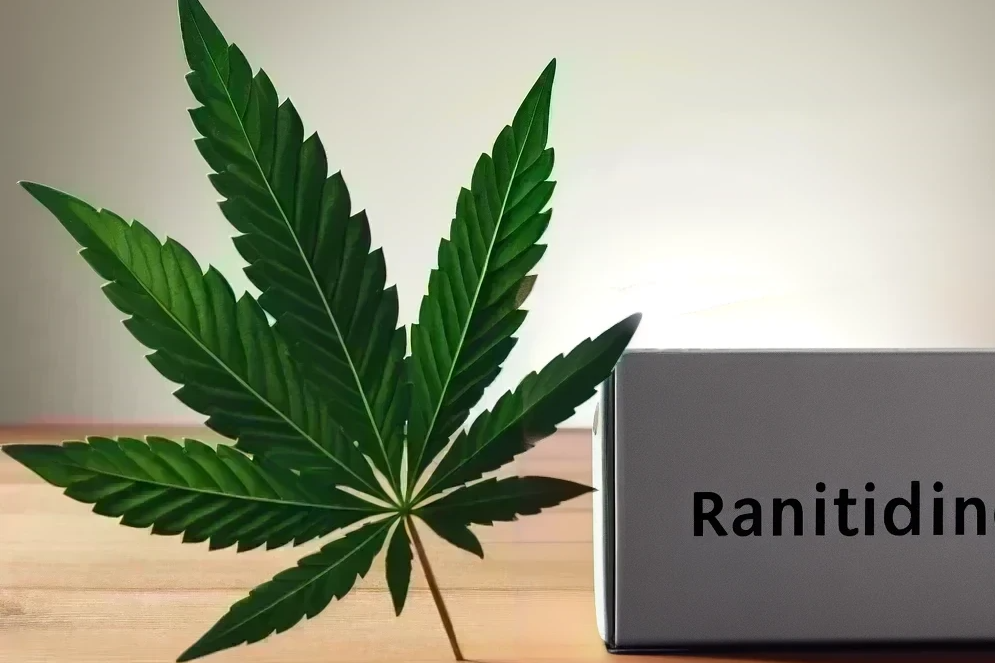The use of cannabis, medically and recreationally, has been on the rise due to changing laws globally. Understanding possible interactions with common medications, like Ranitidine, is essential for safety and effectiveness when using cannabis. This article delves into the potential interaction between cannabis and Ranitidine.
Disclaimer: Please consult your healthcare provider when determining the best course of treatment for your situation. This article should not replace professional medical advice.
Overview of Cannabis
The primary active components of cannabis include tetrahydrocannabinol (THC) and cannabidiol (CBD). THC is primarily responsible for the psychoactive effects of cannabis, while CBD provides many of the plant’s therapeutic qualities. Both elements interact with the endocannabinoid system, which regulates various bodily functions, including appetite, mood, and pain.
Cannabis is often used recreationally for its psychoactive effects, but it’s also seeing increasing use in treating conditions like chronic pain, inflammation, and multiple sclerosis.
Overview of Ranitidine
Ranitidine is a common medication prescribed for treating issues related to excessive stomach acid. It works by reducing the amount of acid your stomach produces, thus offering relief from heartburn and protecting the stomach lining. Some brand names include Zantac, Sostril, or Ranitic.
Potential Interactions
There is currently limited research on direct interactions between cannabis and Ranitidine. However, both substances may affect the gastrointestinal system. For example, THC can slow gut motility, while excessive Ranitidine use may cause constipation.
Risks and Warnings
While both cannabis and Ranitidine are generally well-tolerated, this does not eliminate all potential risks. Individuals with digestive issues, elderly folks, pregnant women, and those with certain medical conditions should pay extra attention to any adverse effects.
Recommendations
Because of the limited research, it is essential to consult healthcare providers before combining cannabis and Ranitidine. Users should monitor for adverse effects and be ready to adjust dosage as instructed by a medical professional.
Conclusion
Research into the interaction between cannabis and common medications like Ranitidine is preliminary at best. It is crucial to consult your healthcare provider when considering combining any medications.
References and Further Reading
FAQ Section
- Can cannabis and Ranitidine be taken together?
- What kind of effects may someone expect?
There is limited research on the interaction between cannabis and Ranitidine, so consulting with a healthcare provider is advisable.
While individual experiences may vary, both substances can affect digestion. Hence, users might experience changes in their digestive routine.
Again, ensure to discuss with your healthcare provider before combining any medications or supplements.





